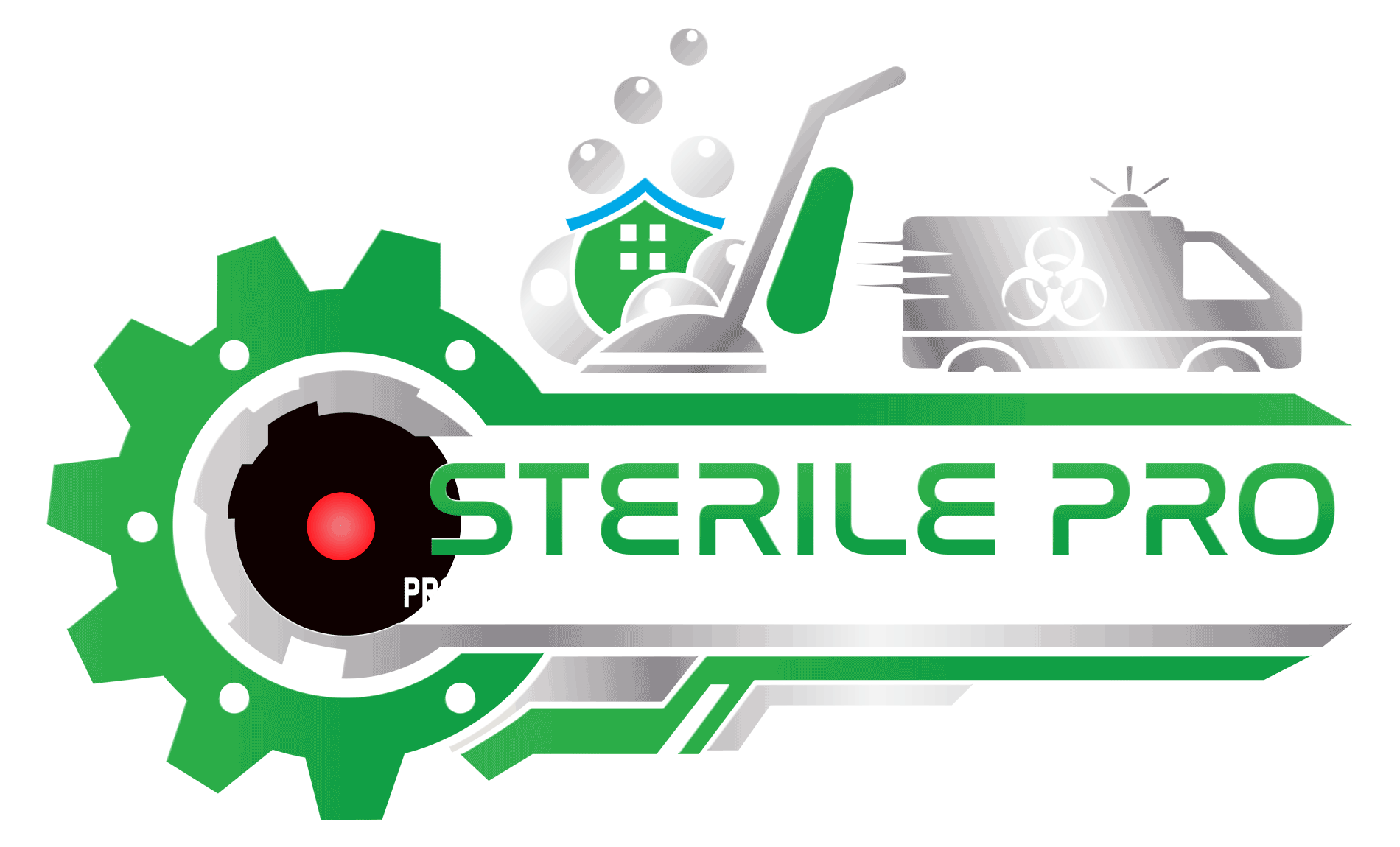Legal Considerations When Buying a Cleaning Franchise Business

When considering purchasing a cleaning franchise business, navigating the legal landscape is crucial to ensure a smooth and successful venture. From franchise agreements to compliance with local regulations, several legal considerations can significantly impact your decision and operational success.
Firstly, franchise agreements form the cornerstone of your legal relationship with the franchisor. These agreements outline the rights and obligations of both parties, detailing aspects such as fees, territory rights, operational guidelines, and intellectual property use. It’s essential to review these agreements meticulously, perhaps with legal counsel, to fully understand your rights and responsibilities before committing.
Secondly, regulatory compliance is paramount in the cleaning industry, which is often subject to specific health, safety, and environmental regulations. These can vary significantly by location, making it imperative to research and understand the regulatory requirements in your target market. Compliance failures can lead to fines, operational disruptions, or even legal actions, underscoring the importance of due diligence in this area.
Moreover, intellectual property considerations come into play, particularly concerning trademarks and branding. Franchisors typically grant franchisees the right to use their trademarks and proprietary business methods. Ensuring these rights are properly transferred and protected is crucial to avoid infringement issues that could jeopardize your business’s reputation and legal standing.
Additionally, financial transparency and disclosure requirements under franchise law are essential safeguards for prospective franchisees. Franchisors are typically obligated to provide a Franchise Disclosure Document (FDD) that details key financial and operational information about the franchise. This document allows you to make an informed decision based on the franchise’s financial health, litigation history, and other relevant disclosures.
Lastly, understanding dispute resolution mechanisms outlined in the franchise agreement is vital should disagreements arise. These agreements often specify methods for resolving disputes, such as mediation or arbitration, which can streamline conflict resolution and protect both parties’ interests.
Navigating these legal considerations requires diligence, possibly involving legal professionals specializing in franchise law. By addressing these aspects comprehensively, prospective franchisees can mitigate risks and lay a solid legal foundation for their cleaning franchise business venture.
To craft a comprehensive guide on legal considerations when purchasing a cleaning franchise business, let’s delve deeper into each crucial aspect.
Franchise Agreement: Understanding Your Rights and Obligations
The franchise agreement is the cornerstone of the legal relationship between the franchisor and franchisee. This document outlines the terms under which the franchisee operates the business, including financial obligations, operational guidelines, and the scope of rights granted by the franchisor.
Key Elements of a Franchise Agreement
A franchise agreement typically includes provisions on:
- Fees and Royalties: Details on initial franchise fees, ongoing royalties, and any other financial obligations.
- Territorial Rights: The geographic area within which the franchisee can operate and any exclusivity rights.
- Operational Guidelines: Standards and procedures for running the franchise, including marketing requirements, product/service standards, and quality control measures.
- Intellectual Property Rights: Use of trademarks, logos, and proprietary business methods owned by the franchisor.
- Renewal and Termination: Conditions under which the franchise agreement can be renewed or terminated, including grounds for termination and notice periods.
Importance of Legal Review
Before signing a franchise agreement, franchisees should seek legal counsel specializing in franchise law. This ensures a thorough understanding of their rights and obligations under the agreement. Legal review helps identify any unfavorable terms, ambiguities, or clauses that may not align with the franchisee’s expectations or business goals.
Regulatory Compliance: Navigating Industry-Specific Regulations
The cleaning industry is subject to various regulations concerning health, safety, environmental impact, and labor practices. Compliance with these regulations is critical for maintaining operational legality and avoiding penalties or legal disputes.
Health and Safety Regulations
Cleaning services often involve the use of chemicals and equipment that must meet safety standards. Compliance with Occupational Safety and Health Administration (OSHA) regulations ensures workplace safety, proper handling of hazardous materials, and employee training on safety protocols.
Environmental Regulations
Environmental regulations govern the disposal of waste, use of environmentally friendly products, and adherence to sustainability practices. Franchisees must comply with federal, state, and local environmental laws to minimize ecological impact and ensure sustainable business practices.
Labor Laws and Practices
Employment laws dictate fair labor practices, wages, benefits, and working conditions for employees. Franchisees must adhere to regulations such as the Fair Labor Standards Act (FLSA) regarding minimum wage, overtime pay, and child labor protections.
Navigating Compliance Challenges
Due diligence in researching and understanding regulatory requirements is essential. Franchisees should establish robust compliance protocols, conduct regular audits, and provide ongoing training to ensure adherence to legal standards. Legal counsel can offer guidance on interpreting complex regulations and implementing compliance strategies effectively.
Intellectual Property Protection: Safeguarding Brand Assets
Franchisors grant franchisees the right to use their trademarks, logos, and proprietary business methods. Protecting these intellectual property rights is crucial for maintaining brand consistency, preventing unauthorized use, and avoiding legal disputes.
Trademark Use and Licensing
Franchise agreements specify the terms of trademark use, including permitted applications, marketing materials, and signage. Franchisees must adhere to guidelines to maintain brand integrity and prevent dilution or infringement of trademarks.
Brand Standards and Quality Control
Franchisors enforce brand standards to ensure uniformity in customer experience and service quality across all franchise locations. Franchisees must comply with operational protocols, customer service standards, and product/service offerings outlined by the franchisor.
Legal Considerations
Franchisees should verify the franchisor’s ownership of trademarks and confirm their registration with the United States Patent and Trademark Office (USPTO). Legal professionals can assist in negotiating favorable terms for trademark use and resolving disputes related to intellectual property infringement.
Financial Transparency: Evaluating Franchise Viability
Franchisors are required by law to provide a Franchise Disclosure Document (FDD) to prospective franchisees. This document offers comprehensive insights into the franchise’s financial health, legal history, and operational performance, enabling informed decision-making.
Contents of the Franchise Disclosure Document (FDD)
An FDD typically includes:
- Franchisor Background: History, business experience, and litigation history of the franchisor.
- Financial Performance: Financial statements, revenue projections, and potential earnings.
- Legal Obligations: Details of the franchise agreement, fees, and ongoing financial obligations.
- Territorial Rights: Geographic area granted to the franchisee and any exclusivity rights.
- Training and Support: Educational programs, training resources, and ongoing support provided by the franchisor.
Due Diligence and Legal Review
Prospective franchisees should conduct thorough due diligence, reviewing the FDD with legal and financial advisors. Legal professionals can identify red flags, assess the franchisor’s financial stability, and negotiate favorable terms in the franchise agreement based on the FDD disclosures.
Dispute Resolution Mechanisms: Resolving Conflicts Amicably
Franchise agreements outline procedures for resolving disputes between franchisors and franchisees, emphasizing mediation, arbitration, or litigation as potential avenues for conflict resolution.
Types of Disputes
Common disputes include:
- Breach of Contract: Allegations of non-compliance with franchise agreement terms.
- Intellectual Property Issues: Trademark infringement, misuse of proprietary business methods.
- Financial Disputes: Disagreements over royalty payments, fee structures, or financial reporting.
Importance of Clear Resolution Processes
Franchise agreements specify dispute resolution mechanisms to streamline conflict resolution and protect both parties’ interests. Mediation and arbitration offer alternatives to litigation, promoting cost-effective and timely dispute resolution.
Legal Counsel in Dispute Resolution
Franchisees benefit from legal representation during dispute resolution processes. Legal advisors provide strategic guidance, negotiate settlements, and ensure adherence to contractual obligations outlined in the franchise agreement.
Conclusion
Navigating the legal considerations of buying a cleaning franchise business involves thorough preparation, legal expertise, and diligence. Understanding the franchise agreement, complying with regulatory requirements, protecting intellectual property, evaluating financial disclosures, and establishing effective dispute resolution mechanisms are crucial steps for prospective franchisees. By prioritizing legal review and compliance, franchisees can mitigate risks, foster business success, and build a solid foundation for their franchise venture.
“For more information please click on this link“



